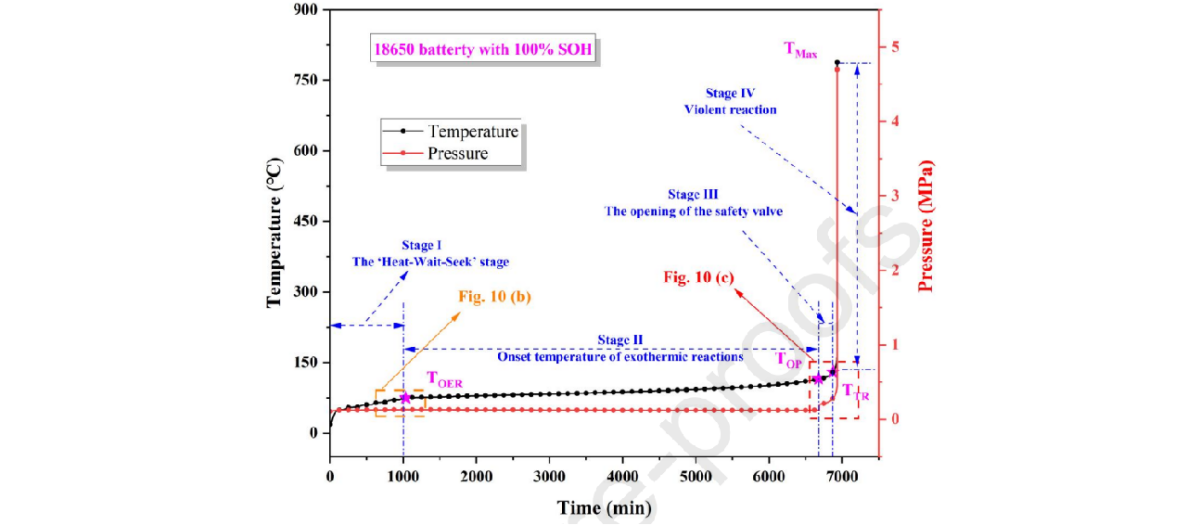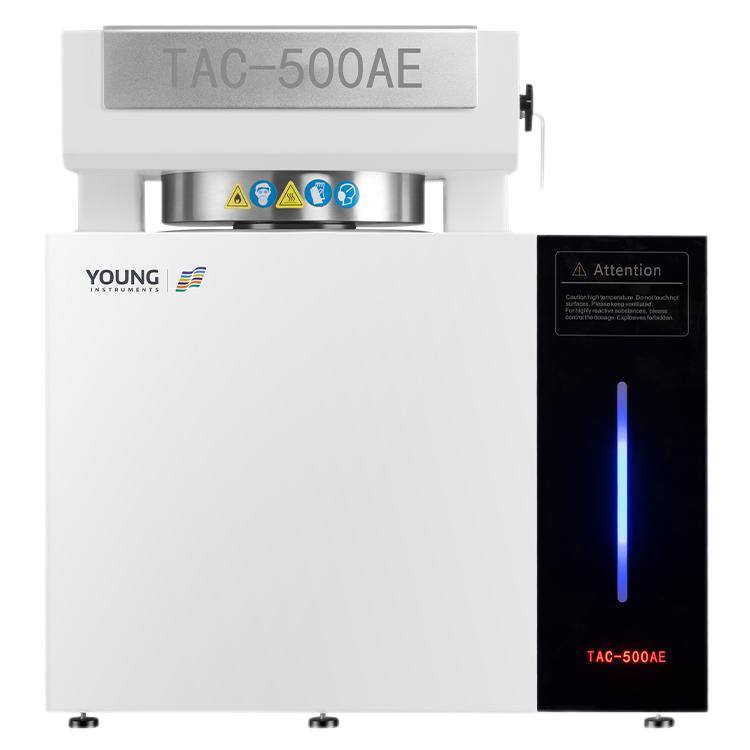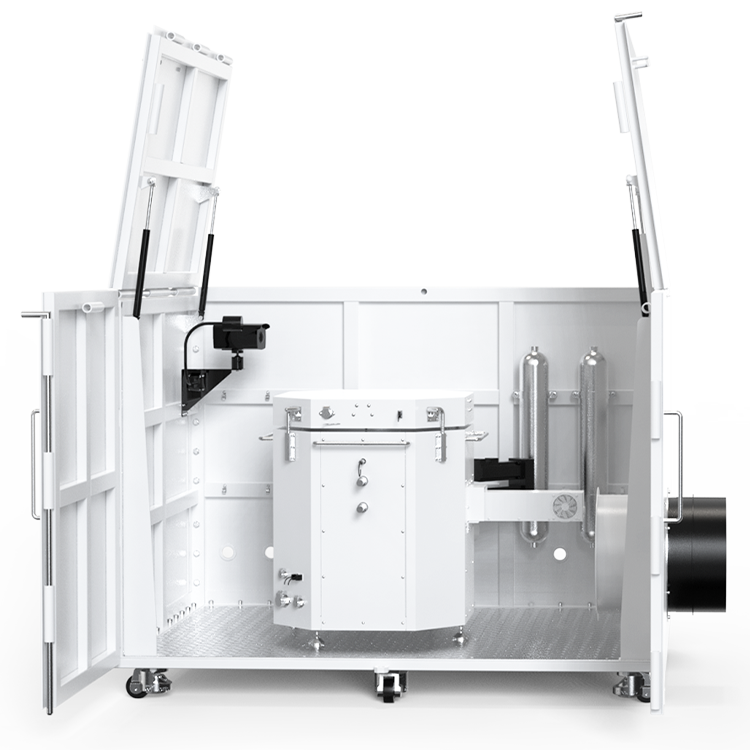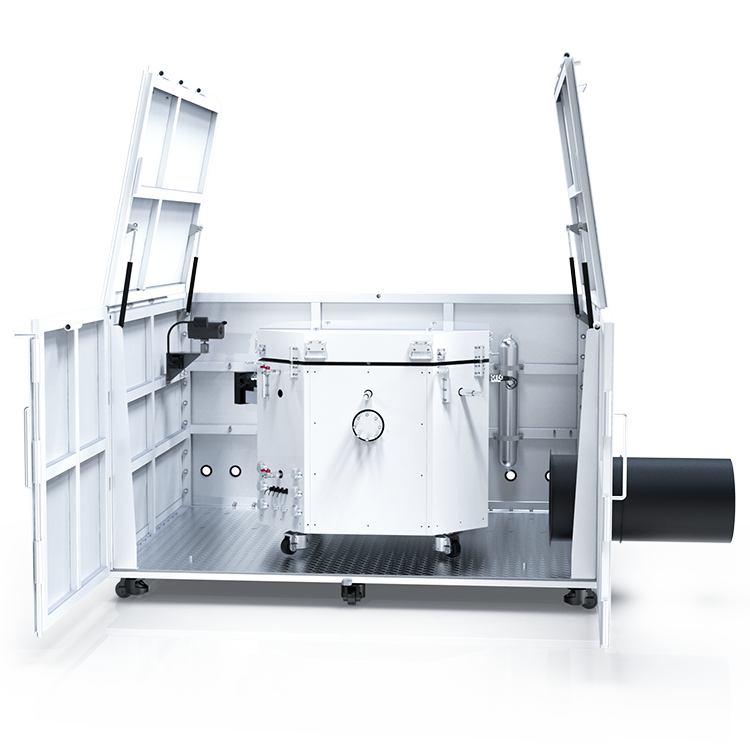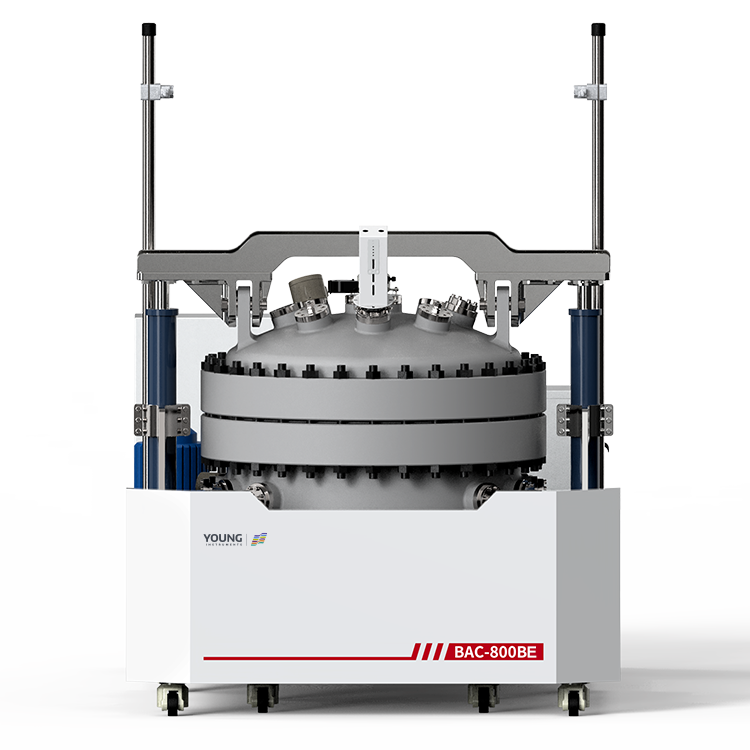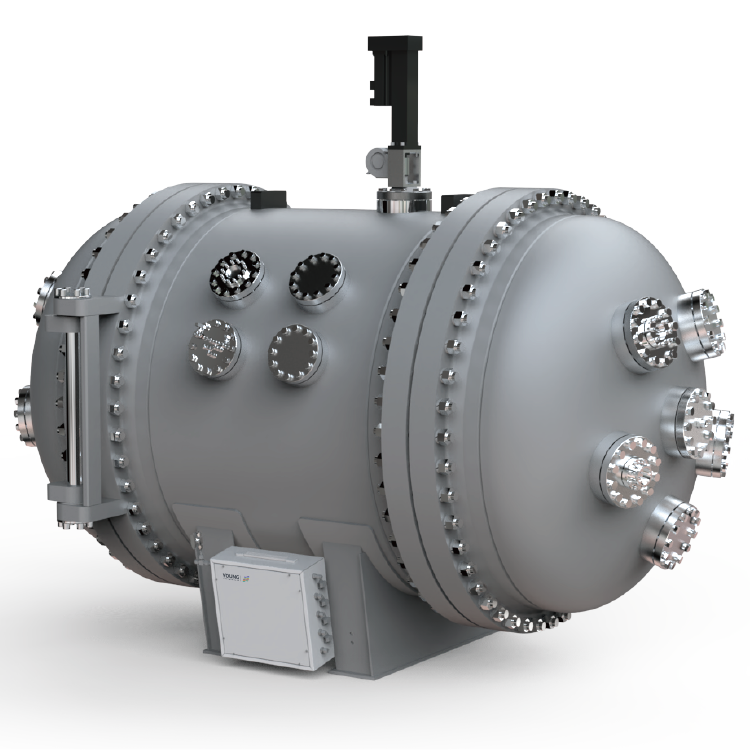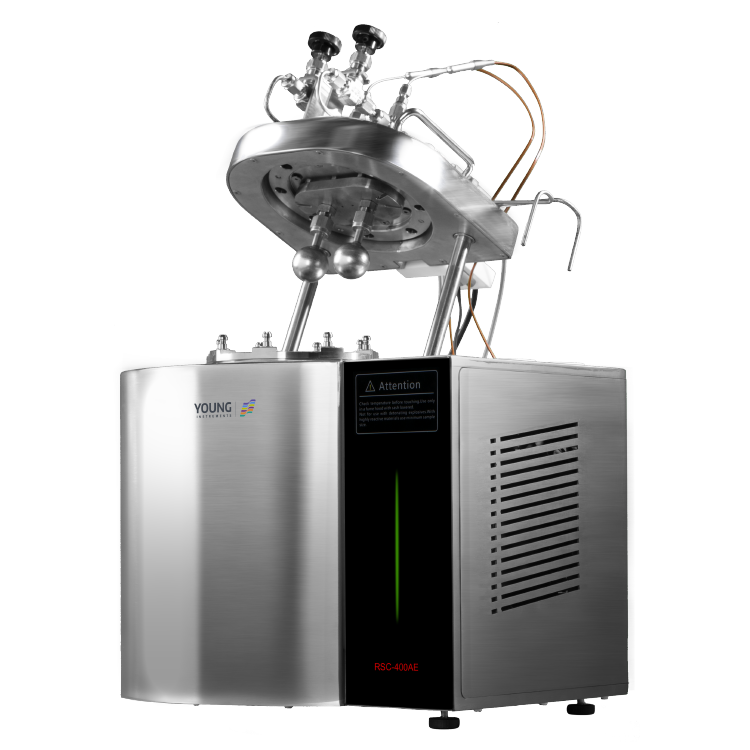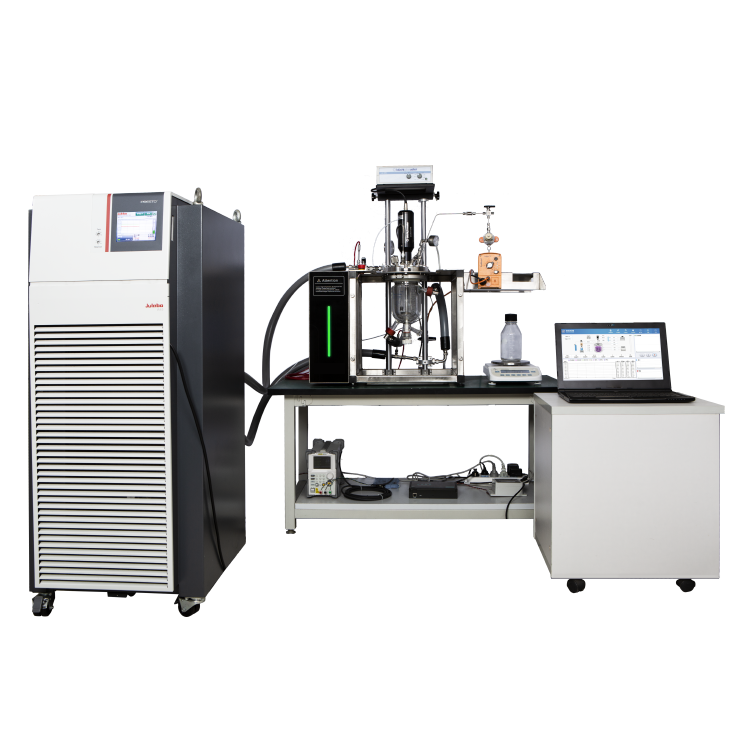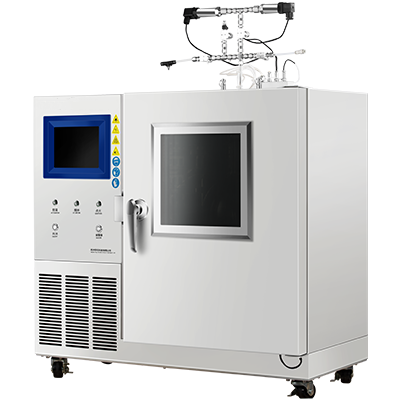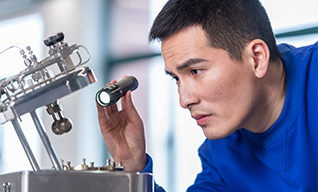Thermal and Gas Production Characteristics of High-Nickel 8-Series Batteries Post Low-Temperature Cycling: An Adiabatic Calorimetric Study
Associate Professor Qi Chuang, Associate Professor Lin Chunjing, and student Liu Zhenyan from Chongqing University of Technology and their research team published a paper titled “Study on the effect of low-temperature cycling on the thermal and gas production behaviors of Ni0.8Co0.1Al0.1/graphite lithium-ion batteries” in the journal Applied Thermal Engineering. This project utilized the BAC-90AE small-scale adiabatic calorimeter as the primary testing instrument, conducting low-temperature cycle aging on NCA811 lithium-ion batteries and analyzing the relationship between State of Health (SOH) and specific heat capacity, heat generation characteristics, and gas production characteristics.
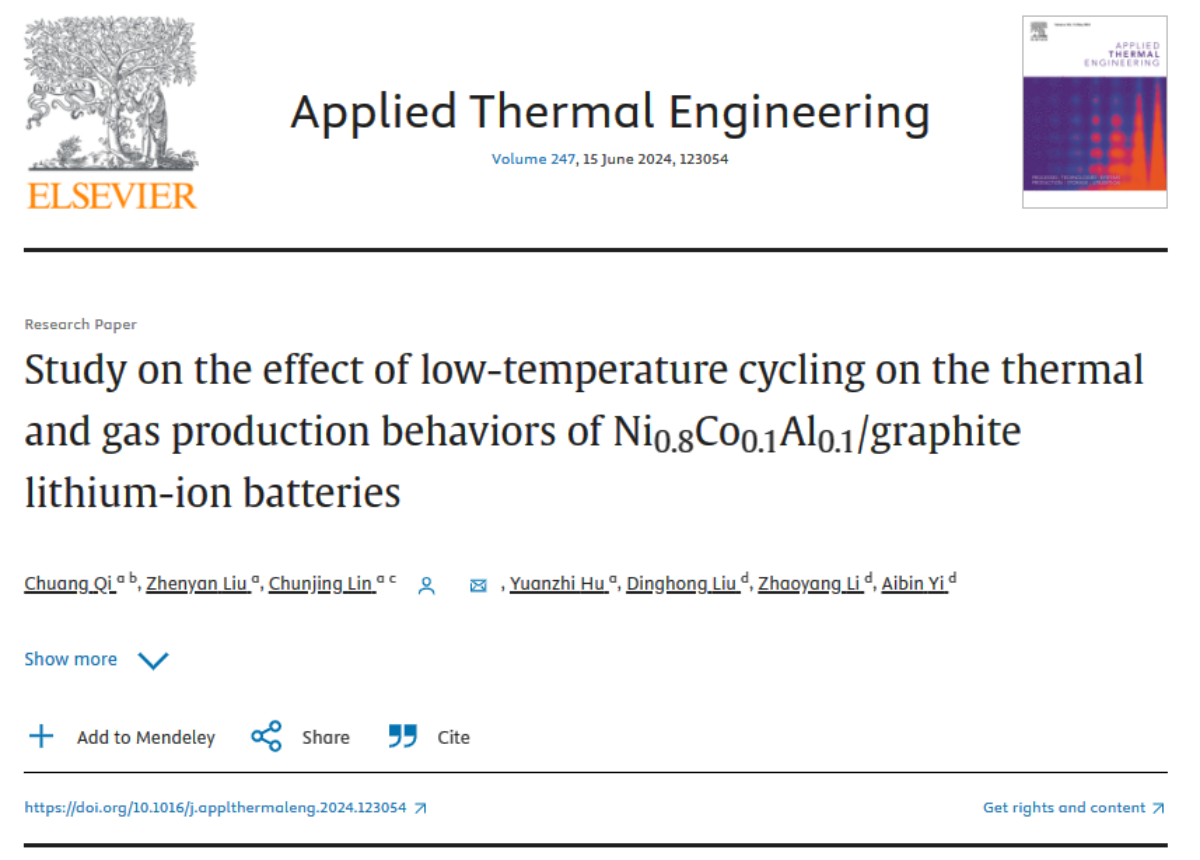
Application of BAC-90AE in this study:
- Specific Heat Capacity
Testing of Individual Cells Specific heat capacity is a key thermophysical parameter for transient simulation of lithium battery thermal management systems, used for quantitative analysis of battery heat generation characteristics and the study of heat transfer laws between cells. The small-scale adiabatic calorimeter is an effective means of determining the specific heat capacity of cells.
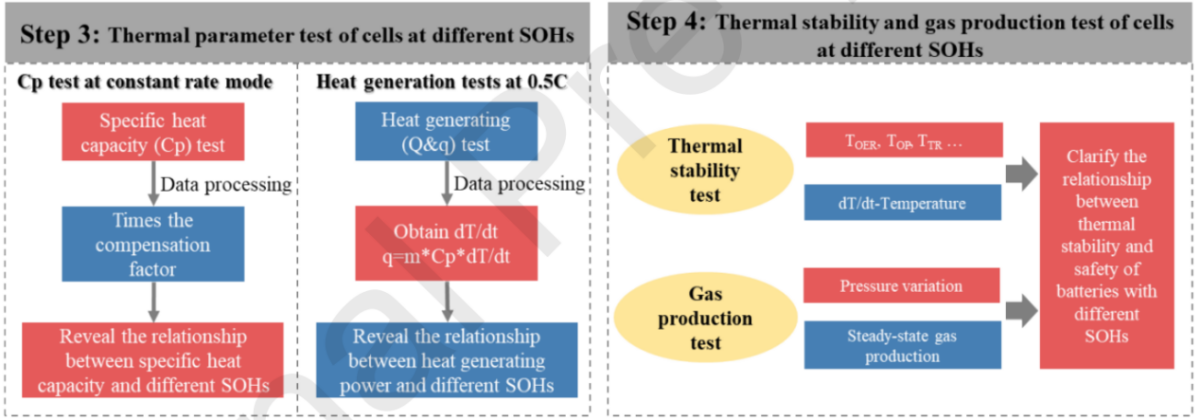
- Heat Generation Testing during Charge and Discharge
Changes in the degree of aging of lithium-ion batteries will lead to corresponding changes in heat generation power, thereby affecting the battery’s lifespan and safety. The charge and discharge module of the small-scale adiabatic calorimeter BAC-90A can accurately reflect the heat release and heat release rate of the battery during the charge and discharge process.
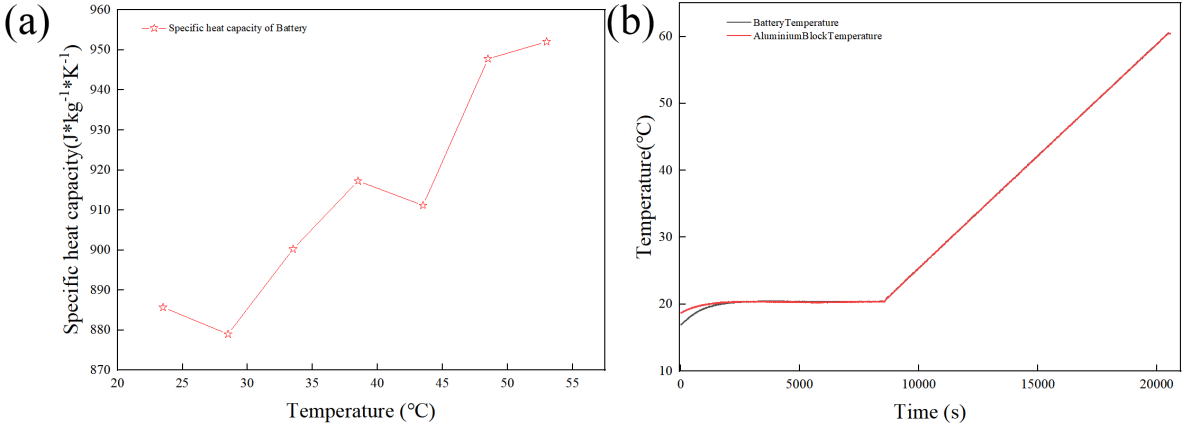
- Thermal Runaway Testing and Gas Analysis
The HWS mode is the most conventional analysis mode, which can accurately obtain the characteristic parameters of battery thermal runaway under thermal abuse conditions. In addition, the small-scale adiabatic calorimeter can also use a customized sealed test tank to simultaneously complete the pressure test of gas production during battery thermal runaway and gas collection, greatly improving the efficiency of the experiment and the reliability of the test results.
